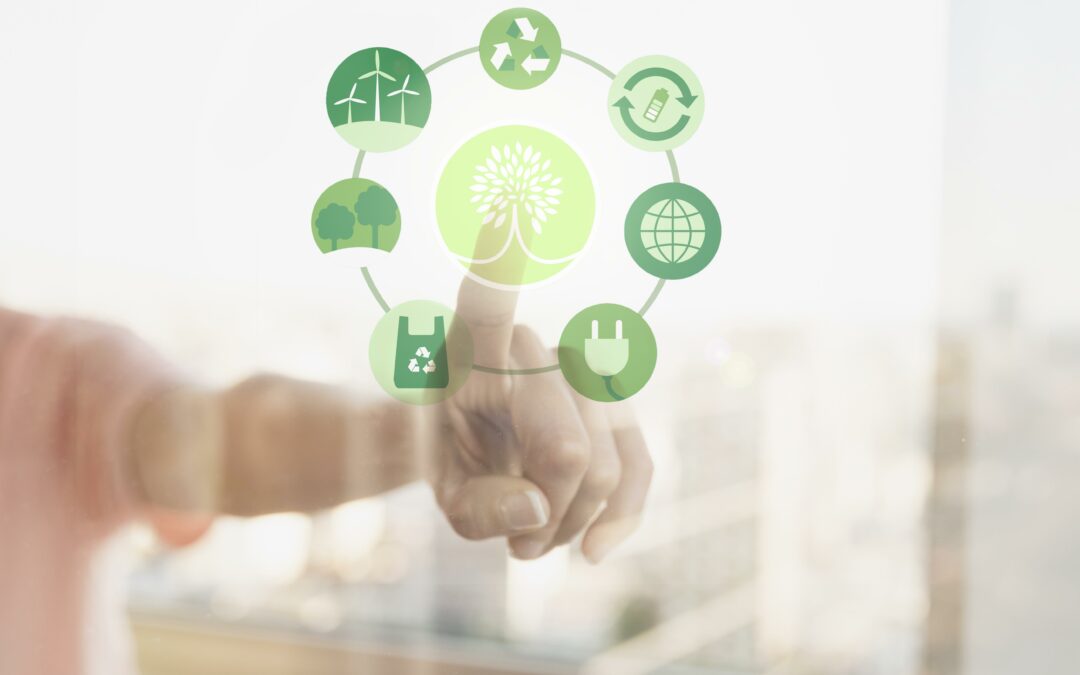Circular economy is a term that you have probably heard thrown around in conversations about sustainability but you may not be familiar with what this actually means.
Well, we are here to break it down for you.
The simple definition of circular economy is: ‘a model of production and consumption, which involves sharing, leasing, reusing, repairing, refurbishing and recycling existing materials and products as long as possible. In this way, the life cycle of products is extended.‘
The goal is to eradicate our current linear model which is not sustainable as it puts a huge strain on resources, creates excessive waste and consumes a lot of energy, and embrace a circular model instead.
This keeps materials and products in circulation within society for longer to eliminate waste and protect non-renewable resources. By design, circular economy creates an economy that is restorative and protects the environment from the pollution caused by excessive waste and the production of goods.
Example of circular economy
We see examples of circular economy all around us with the most common being the act of recycling. When we put our plastic water bottles, cardboard, paper and other recyclable goods into a recycling bin, we are contributing to circular economy because we are enabling these materials to be broken down and reused to make something new.
This is also true when we donate old clothes to a charity shop or give them to friends and family, repurpose used furniture or buy pre-loved products.
When it comes to specific materials and products that are examples of a circular model, rPET is one that we encounter quite often. It undergoes a closed-loop production where plastic water bottles are mechanically recycled and converted into new fibres that can be used to make a range of products, including clothes and home textiles.
Other recycled materials, such as cotton, also undergo the same process in order to create textiles especially within the fashion industry.
The circular model is growing in popularity across many industries; from circular fashion to return deposit schemes, consumers are being encouraged to divert their waste from landfills by increasing their lifespan and get involved in the circularity by purchasing recycled or pre-loved goods.
The benefits of circular economy
There are many benefits to a circular economy, particularly relating to sustainability.
Firstly, this kind of model reduces the amount of waste that ends up in landfills because it encourages us to look at the bin as a last resort and, instead, find a new use for our waste.
The most recent figures (2017) show that UK households produce 27 million tonnes of waste each year of which over 54% ends up in a landfill or the ocean – and this doesn’t even include commercial or construction waste. This leaves piles of products and materials slowly decomposing (that is only the ones that can) with 5% of global C02 emissions coming from landfill waste.
By adopting a circular economy, and encouraging people to reuse and recycle, these numbers will drop drastically and help slow down climate change.
Another benefit of circular economy is that it uses a closed-loop production which means that it requires less water and energy usage. Reports show that emissions could drop by 9.3 billion tonnes if we keep materials in circulation for longer and regenerate farmland which would have a huge positive impact on the environment.
Finally, a circular model reduces the strain on our limited resources. Instead, of draining the limited resources we have, such as oil and coal, to make brand new materials, a circular economy reuses what has already been made.
The reality is that if we keep using non-renewable resources at the current rate then we will start running out of them as early as this year. For example, chromium could be eradicated from the face of the earth in 2022 whilst lead will completely disappear by 2025 and oil may be non-existent in just 24 years.
A cyclical model of living will enable us to hold onto these resources for far longer and build economic, social and natural capital by making the transition to renewable energy and regenerative production.
As a company built on sustainability, we are advocates of the circular economy and encourage it at every turn. Within our range of sustainable materials, we offer recycled options, such as rPET and recycled cotton, and we make products that are built to last so that their extended lifespan keeps them out of landfills for as long as possible.
If you would like to adopt a more sustainable approach to sourcing custom products for your business then get in touch with us today to learn more about how we can help you.

